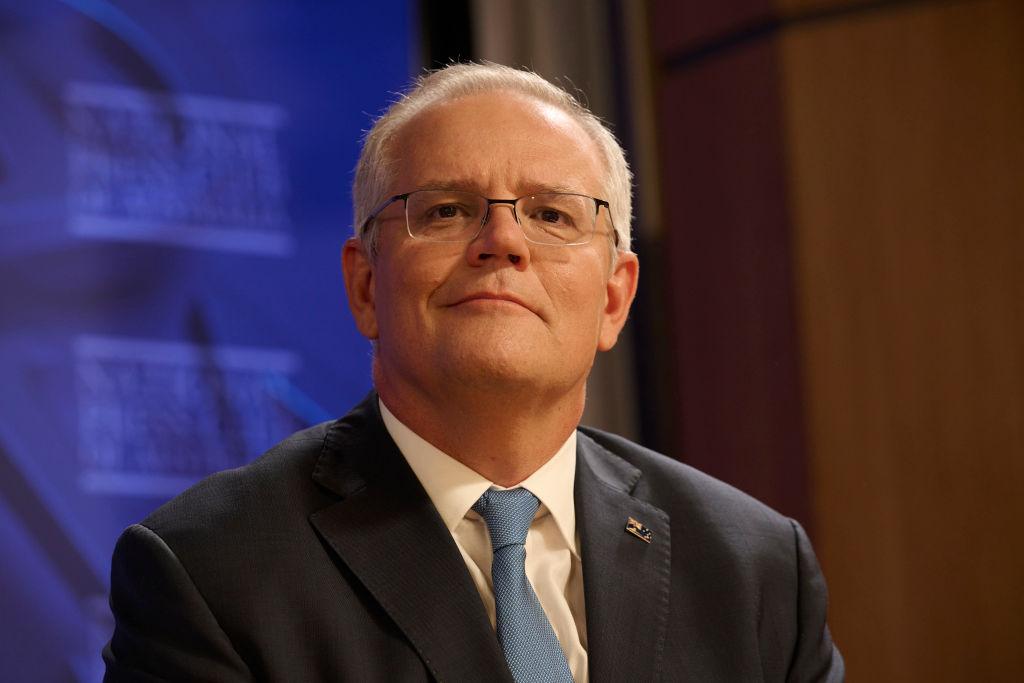Australian Prime Minister Scott Morrison is optimistic of his chances at the next federal election—which must be held before the end of May—while downplaying ongoing headlines and poor polling results regarding his government.
In an address to the National Press Club on Feb. 1, the prime minister spruiked the government’s record on the economy, and its handling of COVID-19, while admitting mistakes were made along the way.





